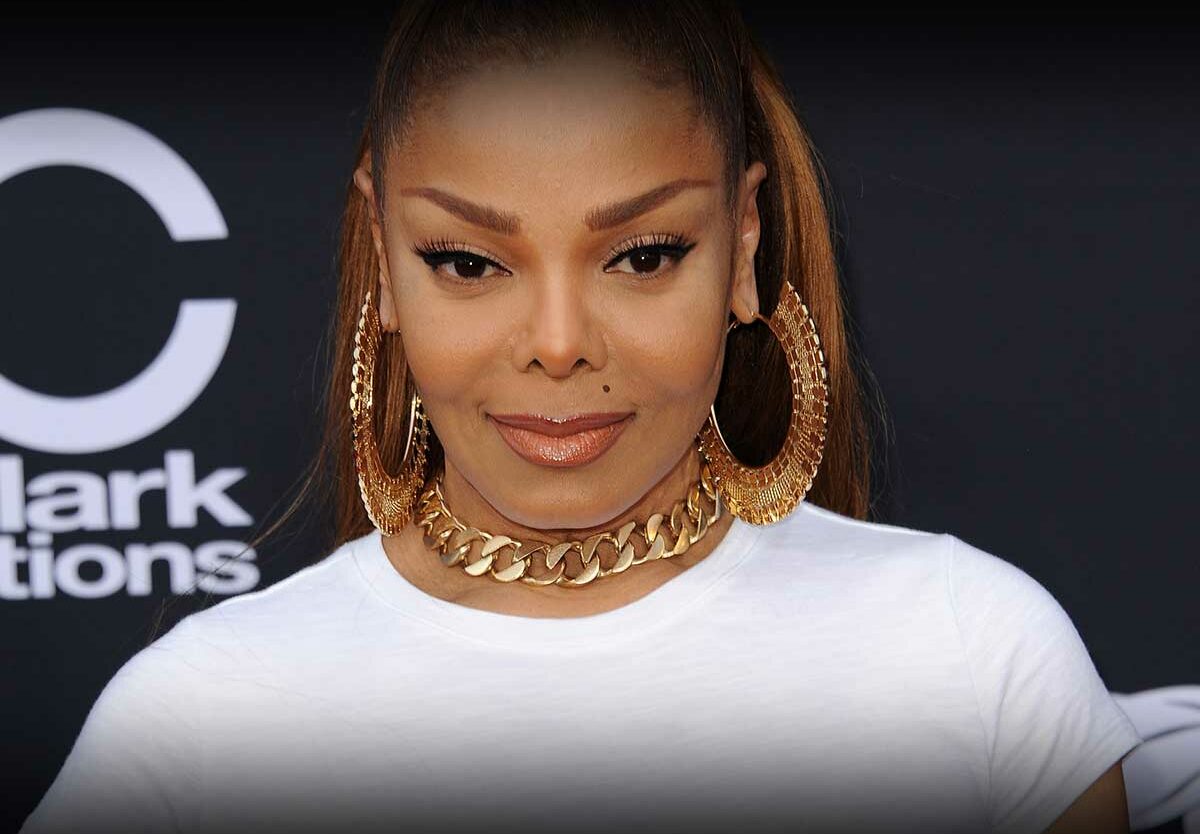Janet Jackson’s Comments on Kamala Harris’ Race Stir Controversy: What Does It Mean for 2024?
In a recent interview with The Guardian, singer Janet Jackson raised questions about Vice President Kamala Harris’ racial identity, sparking renewed discussion around race, politics, and identity in America. Jackson’s remarks, which touched on Harris’ background, add another layer to the ongoing dialogue about the vice president’s heritage and how it shapes perceptions of her candidacy for the 2024 presidential election.

Janet Jackson’s Interview: Key Highlights
During the interview, which primarily focused on Jackson’s ongoing Together Again tour, the conversation took a turn toward politics when the topic of the 2024 U.S. presidential election arose. The reporter mentioned that America could be on the verge of electing its first Black, female president, referring to Kamala Harris, who, as Vice President, is a leading candidate for the Democratic nomination.
Jackson responded with skepticism, stating, “She’s not Black, that’s what I heard,” and went on to imply that Harris’ heritage may not align with how she is commonly portrayed in the media. Specifically, Jackson mentioned, “Her father’s white, that’s what I was told,” and questioned whether Harris’ identity was fully understood or acknowledged in the public discourse.
Kamala Harris’ Racial Identity: A Complex Background
Kamala Harris, born to a Jamaican-American father, Donald J. Harris, and an Indian-American mother, Shyamala Gopalan, has always embraced her multiracial background. Throughout her political career, Harris has emphasized both her Black and Indian heritage, often speaking about the influence her mother and father had on shaping her identity.
However, as Jackson’s comments illustrate, questions about Harris’ race have lingered in public discourse, sometimes fueled by misinformation or misunderstanding. For instance, Jackson stated that she heard Harris’ father was white, a claim that is factually incorrect. Donald J. Harris is of Jamaican descent, and while race in America is often simplified into Black and white categories, Kamala Harris identifies as a Black woman and has embraced her diverse heritage.
Race, Identity, and Politics: A Continued Conversation
This isn’t the first time Kamala Harris’ racial identity has been questioned in a public forum. In July, former President Donald Trump made comments at the National Association of Black Journalists convention, claiming, “She was always of Indian heritage, and she was only promoting Indian heritage… I didn’t know she was Black until a number of years ago when she happened to turn Black.” These remarks echoed similar sentiments expressed by other critics who questioned Harris’ racial authenticity.
Such debates highlight how race and identity continue to play a pivotal role in American politics, particularly when it comes to public figures of color. Harris, as the daughter of immigrants and someone who has achieved significant political success, often finds herself at the intersection of racial and cultural identities. This complexity, while enriching, can also lead to confusion or misrepresentation.
Janet Jackson’s Perspective: A Reflection of Broader Concerns?
Jackson’s comments might reflect broader uncertainties or misconceptions about race in America, particularly when it comes to multiracial individuals. For many, identity is multifaceted, shaped by personal experiences, family heritage, and societal expectations. Harris, as both a Black and Indian woman, embodies a complex racial narrative that challenges traditional definitions of race in the United States.
Moreover, Jackson’s hesitation to predict whether America is ready for a woman of color to assume the presidency points to lingering doubts about how far the nation has progressed in terms of racial and gender equality. In her interview, Jackson expressed concern that regardless of the outcome of the 2024 election, “mayhem” could ensue, signaling her apprehension about the current political climate.
Kamala Harris: Embracing Her Identity Amid Scrutiny
Despite the recurring questions about her background, Kamala Harris has remained steadfast in embracing her multiracial identity. During her time in public office, she has often spoken about her experiences growing up in a multicultural household and how they have shaped her worldview. As the daughter of civil rights activists, Harris has drawn from her personal history to advocate for racial equality, criminal justice reform, and other progressive causes.
Her candidacy, if she chooses to run in 2024, will likely continue to be scrutinized, not just for her policies but for what she represents as a woman of color. Yet, her rise to the second-highest office in the country signals a shift in American politics—a shift that acknowledges the diversity of its leaders.
The Role of Race in the 2024 Presidential Election
As the 2024 election approaches, discussions about race, identity, and representation will undoubtedly remain at the forefront. For candidates like Kamala Harris, who embody multiple racial identities, navigating these conversations will be crucial. Questions about authenticity and representation, while sometimes rooted in misunderstanding, also reflect a broader societal challenge in reconciling the complexities of multiracial identities.
Whether Jackson’s remarks are an isolated instance or indicative of broader sentiments, they highlight the continued importance of discussing race in a nuanced and informed way. For Harris, her heritage is an integral part of her identity, and as the election nears, it will likely continue to be a topic of debate.




